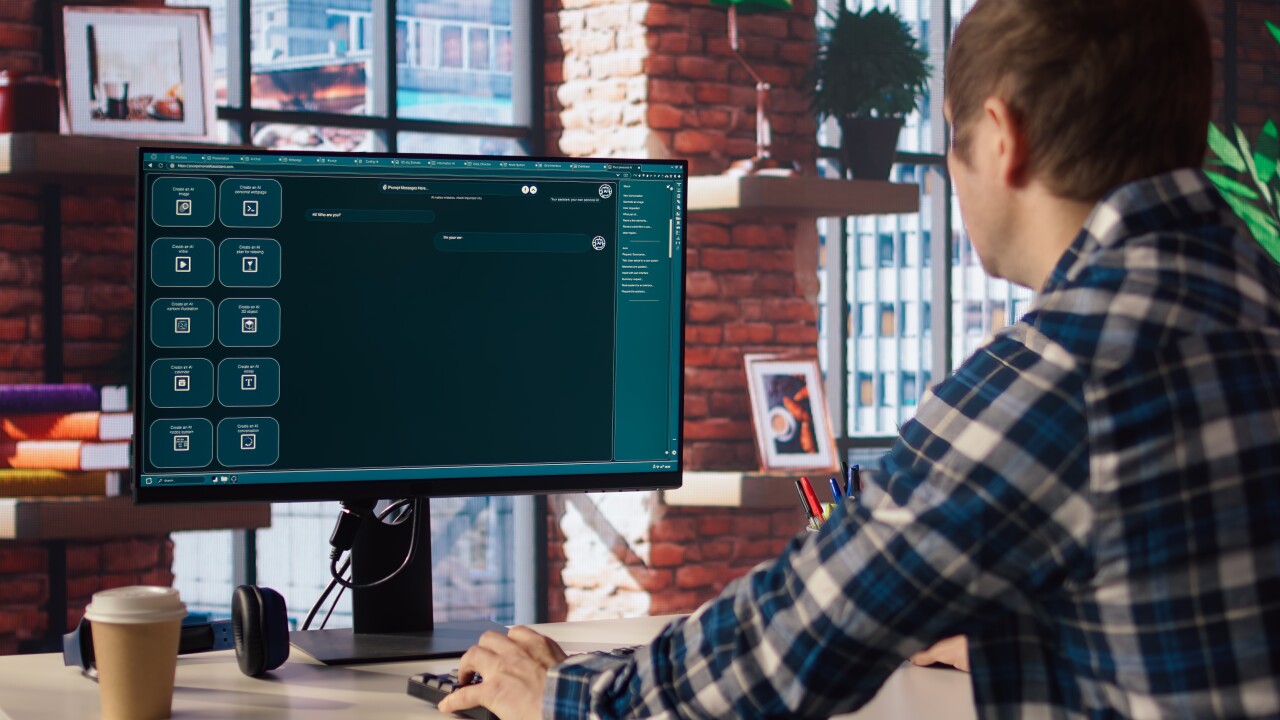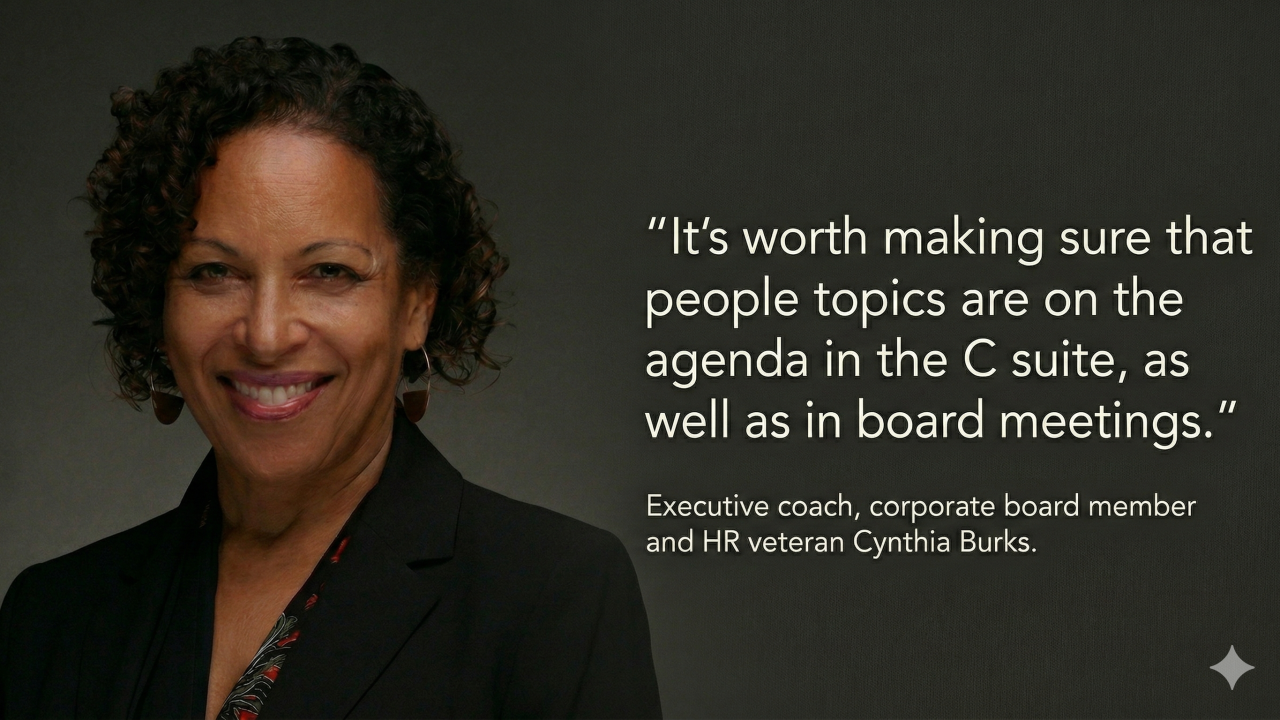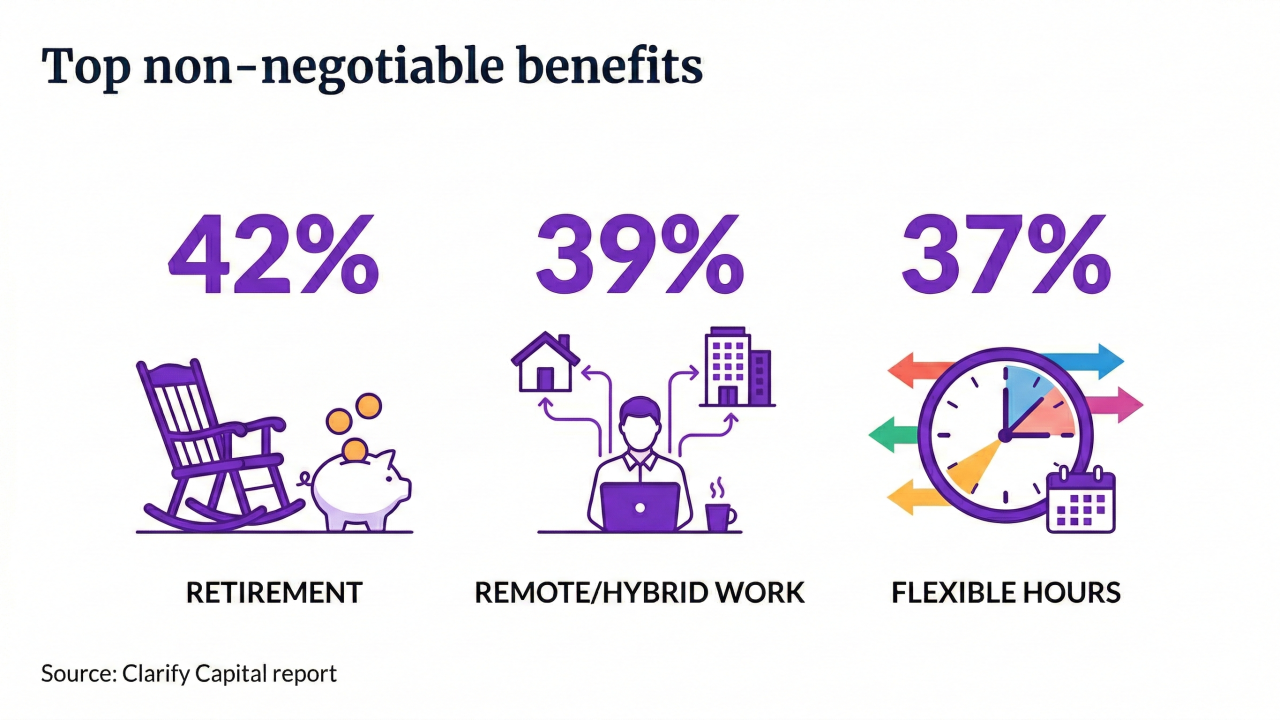The conversation around workplace flexibility took off as COVID sent millions of workers home, and
Future Forum, a consortium by Slack, recently surveyed 10,000 workers across the United States, Australia, France, Germany, Japan and the United Kingdom, finding that while 78% wanted location flexibility, 95% wanted schedule flexibility. Tom Fairey, the CEO of the London-based gaming app company Stakester, is giving his employees the best of both worlds, allowing them to work when, where and how they want.
“We know people do their best work when they are in the best position and time to work,” Fairey says. “We have 100% flexibility when it comes to whether you want to work in the office, from home or abroad. With that, you can also work on whatever day and from whatever time works for you.”
Read more:
For Fairey, it was important to acknowledge that his team is made up of individual parts, and in order for them to work most effectively, they should have the agency to set their own schedules as they navigate their personal lives. EBN spoke with Fairey about their 24/7 work policy, and how this flexibility has impacted its workers.
What inspired Stakester’s work culture?
We wanted a business that operates like a sports team. The highest performing teams on the planet are sports teams, so we wanted to create a culture where everything we do is focused on performance and health, and less around a traditional structure. Instead, we want to build an “adult” culture. You’re still held accountable for what you need to achieve, but you’re not accountable for how and when you achieve it. We are treating you like an adult, a person capable of working on your own terms.
What does that culture look like in action?
We know people do their best work when they are in the best position and time to work. For example, I wake up at five every morning — I like working first thing in the morning. But I finish work early and will be in bed by nine every night. Other people at Stakester are basically nocturnal, and they like to work at night.
Read more:
Still, we wanted to dare to take it a step further. If we want to give employees a truly flexible work environment, why can’t they work on weekends? For instance, someone may not want to work Tuesday so they work on Saturday. You should be able to work any day and any time you want, with the only consistency being that you have to achieve certain goals within a given timeframe. So, rather than feeling like they’re chained to their desk, if they feel tired or they need to shut down, they can take that time out. That’s why we are creating a seven-day workweek culture.
What are some challenges that come with Stakester’s culture?
The biggest challenge is aligning schedules. If I’m up at five in the morning and I want to talk to someone at eight but they are not getting up until 11, then the window we have to work with each other is smaller. That’s when you have to trust people to act like adults and be considerate of other people. And there are times when we want everyone to be at their desk and on a team call — we just have to accommodate each other. It’s about learning how we can work together and still work at our best.
However, the reality is not everyone has the self-regulation to be given that freedom. Some people need to be told when to work and what to do, and that’s fine. The leaders of our team have to understand and be accommodating. We have to treat people as individuals, and that goes for their version of flexibility as well.
What are some benefits of encouraging this level of flexibility?
First, there have been macro-effects on our business. We grew by 10 times in the last year, and a big part of that I attribute to a great team. Additionally, our retention has been exceptionally high. Nobody has left this business of their own volition. This is because our company culture gives you freedom.
Read more:
For example, we have had a few team members become dads recently, and they have complete flexibility to work when it works for them and their families. When their babies are asleep they can work, and when the baby is up they can step away. I wish I had that kind of opportunity when I had my children because usually as fathers, we don’t get to do that. The mother is just left at home to deal with it herself and that’s rubbish. Another example is my own: I am a reservist with the British military, and I wouldn’t have the flexibility to do that if it wasn’t for our work culture. We want a work environment that supports your new family and ultimately supports you.
What advice do you have for employers who are looking to further workplace flexibility?
I won’t mince my words: just go all in. Don’t fool yourself by thinking that by creating an environment where you’re remote, you’re offering flexibility. That doesn’t work for everyone. The only way to truly create a flexible work culture is to look at your employees first — look at their needs, what they want to do and what works for them. Then make sure your business is about the things you achieve, not about the hours you work. If you are goals-focused and flexible in every way, you will see results.










